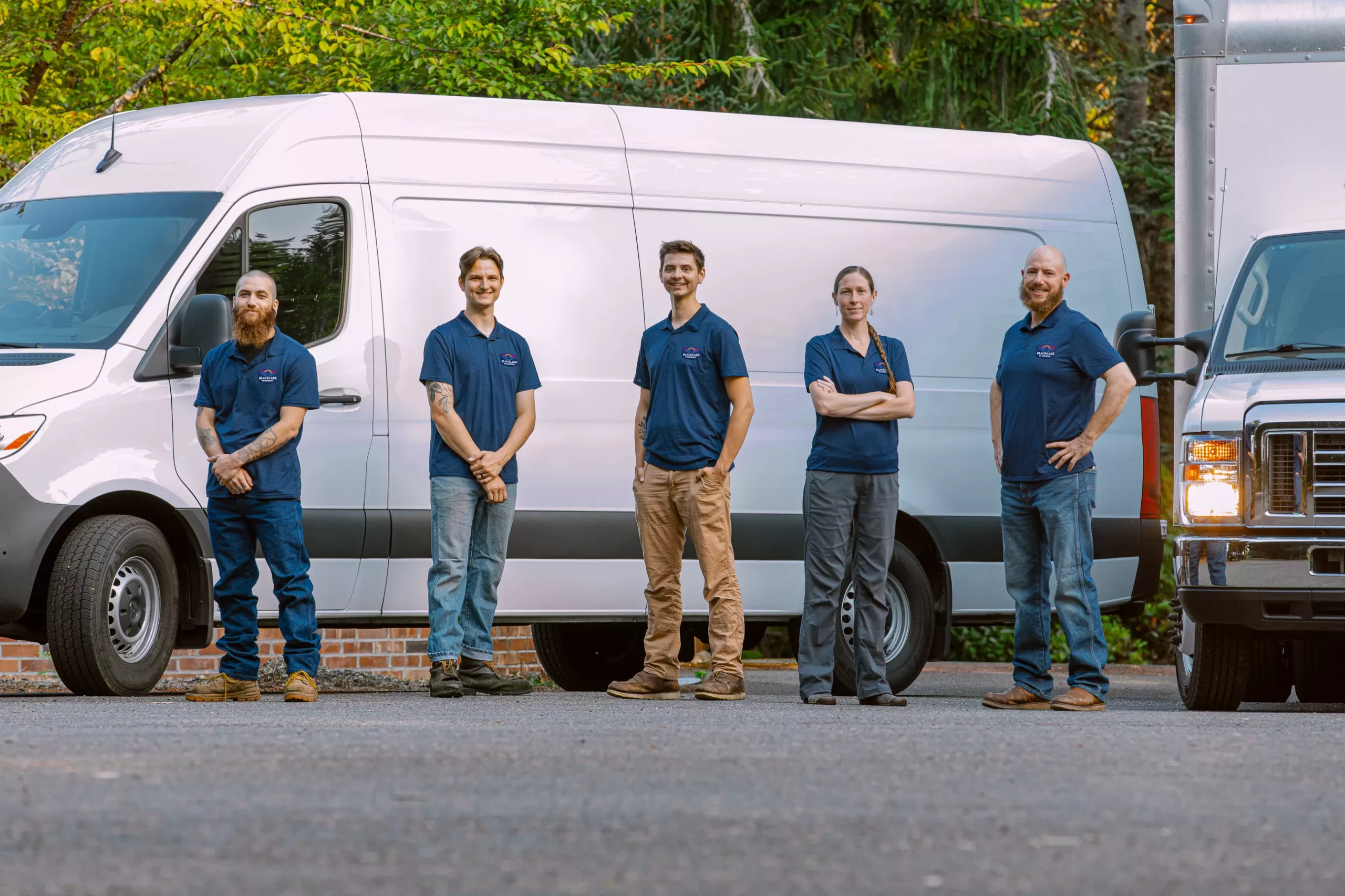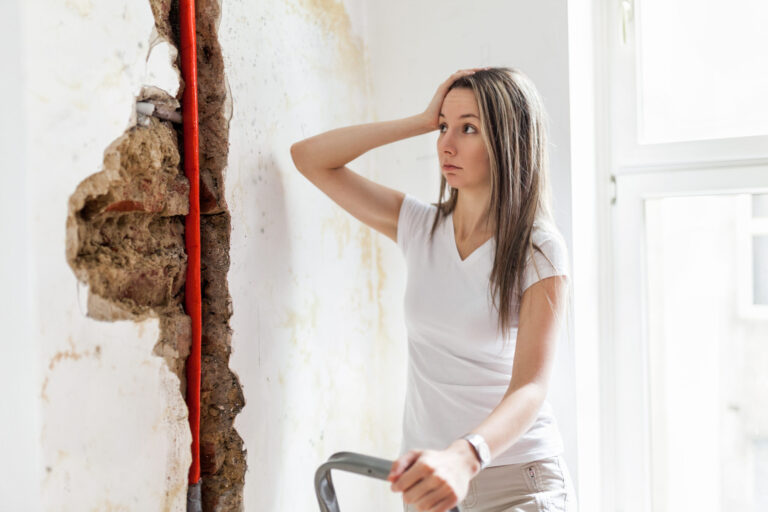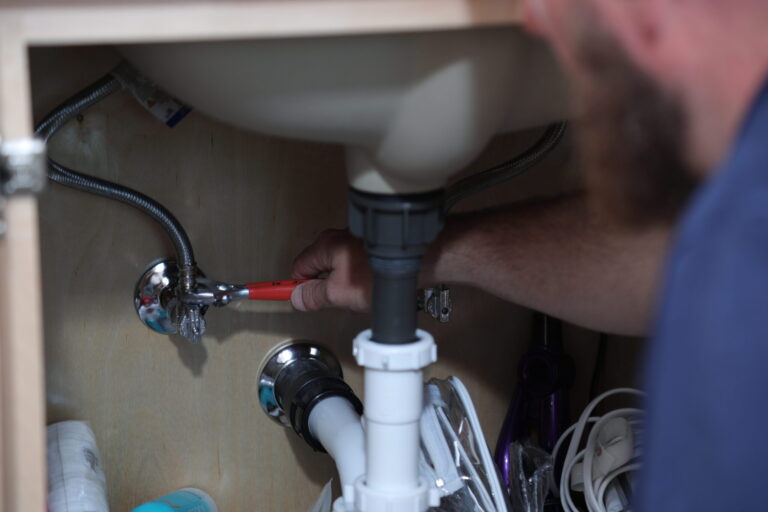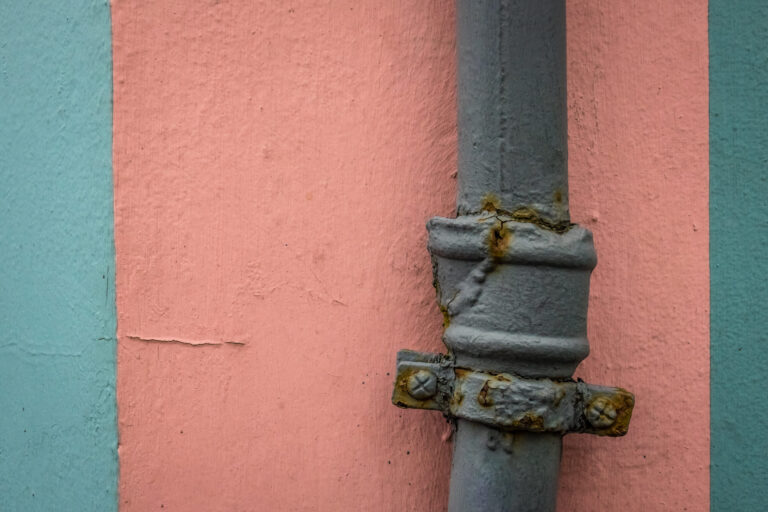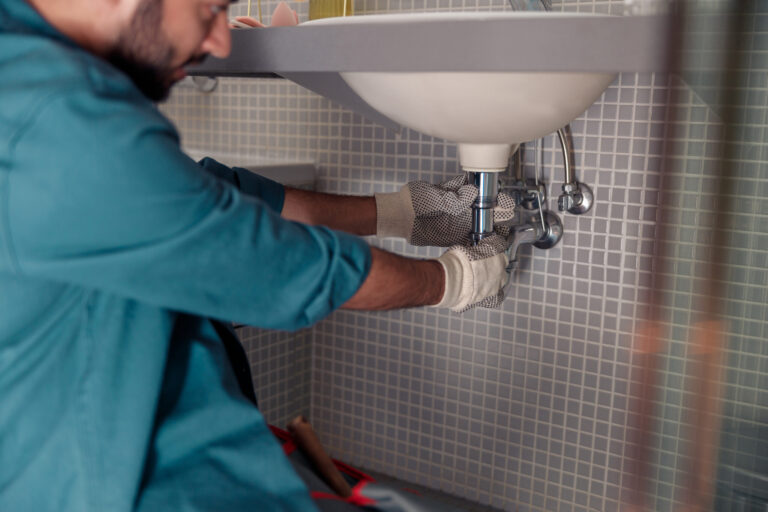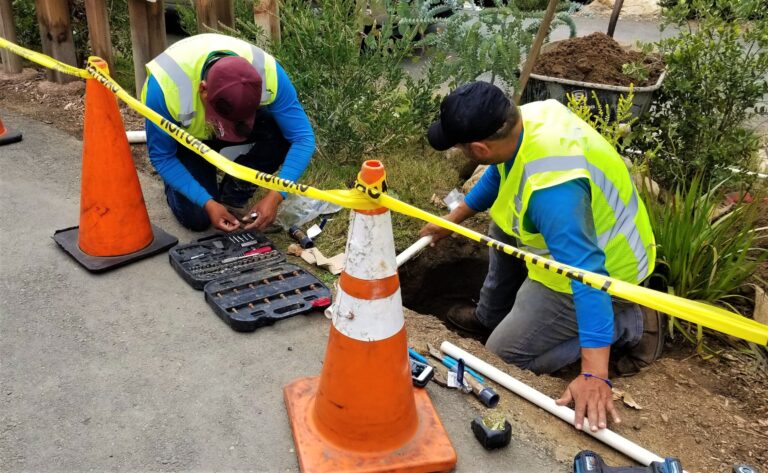The Truth About Coffee Grounds in Your Sink
Contrary to popular belief, coffee grounds don’t break down in water. Instead, they clump and accumulate, leading to clogs in plumbing systems. This makes them a hazard for pipes and garbage disposals, despite the myth that they are beneficial for your sink.
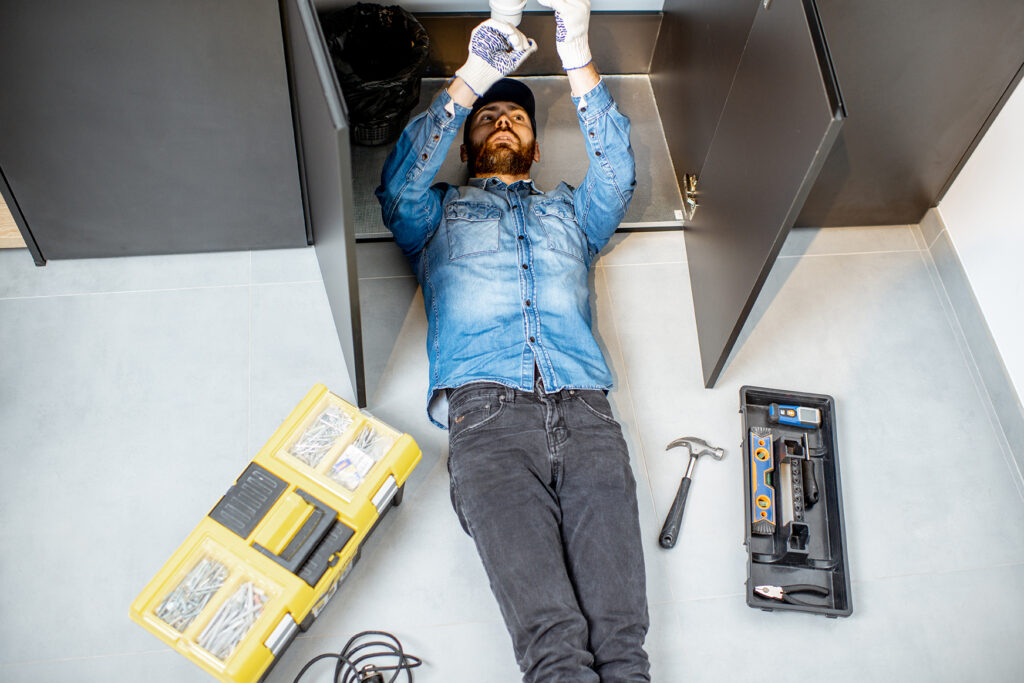
The Science Behind Coffee Grounds and Plumbing
Coffee grounds are unique; they tend to bind together in water, unlike most organic materials. Continuously dumping coffee grounds down the drain can wear down disposal systems and clog pipes and causing a need for expensive professional repairs.
Common Misconceptions Debunked
The idea that coffee grounds are good for your pipes is a myth. Contrary to what some may say, they do not help in grinding food waste or cleaning pipes but pose a significant risk of clogging and damage.
Preventative Measures and Best Practices
The best way to get rid of your coffee grounds is to either compost them or simply throw them in the trash. Regularly maintaining your pipes, which can include running cold water through the drain and avoiding materials like corn husks and heavy metals, helps maintain plumbing health. We recommend spending a couple extra minutes every few weeks cleaning out your drains.
Alternative Uses for Coffee Grounds
Coffee grounds are an excellent garden fertilizer and compost. They also have various household uses, such as neutralizing odors and exfoliating skin. Their antioxidant properties make them useful for meat tenderizing and other applications.
When Damage is Done: Dealing with Clogs
It’s important to recognize the early signs of a clog, such as slow drainage and unpleasant odors. Addressing these signs as soon as they appear can mean the difference between a small, easily-fixed clog and the need for professional intervention. Once you have determined whether you have a clog, here are few easy home remedies to try:
- Baking Soda and Vinegar: Pour a cup of baking soda down the drain followed by an equal amount of vinegar. Let it fizz and sit for a few minutes, then flush with hot water.
- Boiling Water: Sometimes, simply pouring boiling water down the drain can help clear grease or soap buildup.
- Plunger: Using a plunger can help dislodge clogs caused by solid materials. (but not for your sink)
- Wire Hanger: Straighten a wire coat hanger and use it to gently fish out hair or other debris causing the blockage.
- Dish Soap and Hot Water: For grease clogs, squirt a generous amount of dish soap down the drain followed by a pot of boiling water.
If these home remedies don’t work, or you don’t feel comfortable trying to fix the issue yourself, don’t worry; we’ve got your back. Remember, at Black Lake Plumbing, we are always on call to deal with any and all of your plumbing issues.
Making Eco-Friendly Choices in Coffee Disposal
Disposing of coffee grounds responsibly is an easy method for environmental protection. They can contribute to organic material buildup in waterways, so using them in eco-friendly ways like soil enrichment is one of the best ways to use them. Why throw away a great resource?
Best Practices for Coffee Lovers: A Summary
Responsible disposal of coffee grounds is essential for plumbing health and environmental protection. Try composting or throwing away your coffee grounds next time to ensure you avoid needing to call a professional.
Why Choose Black Lake Plumbing?
At Black Lake Plumbing, we stand ready to address all your plumbing concerns. Our home-grown family values, watertight reputation, and commitment to customer satisfaction set us apart. Whether you are a landlord needing a quick fix or a tenant facing a plumbing dilemma, our highly trained crews are at your service. Connect with us today for unparalleled plumbing solutions in Washington State.
